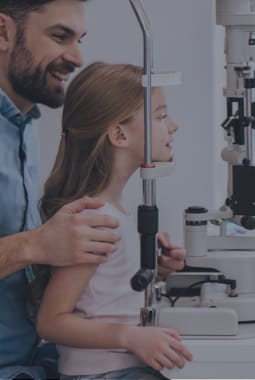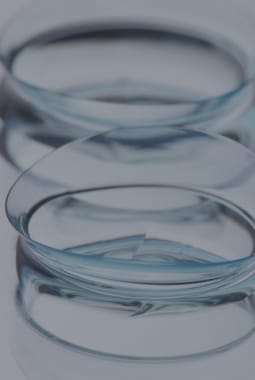Diabetic retinopathy occurs when high blood glucose levels damage the blood vessels in the retina, causing them to swell and leak. Swollen blood vessels can stop blood from passing through the eye, or new abnormal blood vessels can grow on the retina, causing vision loss.
There are 2 main stages of diabetic retinopathy:
- NPDR (Non-Proliferative Diabetic Retinopathy)
- PDR (Proliferative Diabetic Retinopathy)
NPDR is the early stage of diabetic eye disease, which many people with diabetes have. With this stage, the retina swells due to broken blood vessels. The macula may also swell, causing macular edema.
In the early stages of diabetic retinopathy, blood vessels can also inhibit blood flow to the macula, causing what’s called macular ischemia. These symptoms usually cause blurry vision and can lead to significant vision loss if left untreated.
PDR is considered late-stage diabetic retinopathy, as vision can worsen or be lost entirely. This occurs when the retina begins to grow new blood vessels that may break and bleed into the vitreous. New blood vessel growth can also cause scar tissue to form, which may lead to a detached retina.
It is crucial to monitor your vision for changes that may indicate early signs of diabetic retinopathy. Symptoms of diabetic eye disease include:
- An increased amount of floaters
- Blank or dark areas in your vision
- Blurred vision
- Poor night vision
- Faded colors or vision that appears “washed-out”
At Signature Eye Care, we use the latest technology in eye care to test and treat various eye conditions. Our diabetic eye exams include the use of Optical coherence tomography (OCT) and fundus photography.
Optical coherence tomography (OCT) is a non-invasive imaging test that is used to take cross-section images of your retina. This allows us to see and measure the thickness of your retina’s layers, which can easily pinpoint areas of swelling.
Before the procedure, we will administer dilating eye drops to widen the pupil and give us a better view of the retina. The scan takes around 5 – 10 minutes and is generally painless, but you may be sensitive to light for several hours afterward.
Fundus photography involves the use of a specialized camera to photograph the back of the eye through a dilated pupil. The photograph produced can show blood vessels, optic nerve, abnormal bleeding, scar tissue, and other signs of eye disease that may need treatment.
The procedure itself is quick and generally painless but, as with pupil dilation, you may feel sensitive to light for a few hours afterward.
If you have diabetes, it is essential to have a comprehensive eye exam performed regularly to catch early signs of diabetic eye disease.













